Products to Help You Succeed

Products to Help You Succeed
Search for services and vendors to help you build your business. This section provides high-level guidance to title professionals about the products and services available to them.
Learn More About Products and Services Available
Industry Financial Data
ALTA publishes quarterly financial and market share data for the title insurance industry for the purpose of producing compilations of family and industry statutory financial data and market share reports.
View the Industry Financial Data
B2C Marketing Resources
ALTA provides members with tools to easily communicate the benefits of title insurance to homeowners, REALTORS® and Lenders. You will also find our marketing list.
Learn More About Our Marketing Resources
ALTA Title & Settlement Agent Registry
The ALTA Registry is a searchable online database of un- derwriter-confirmed title agent companies, real estate attorneys, and underwriter direct offices, allowing par- ties in the transaction to confidently identify each other.
Join the ALTA RegistryAll Products for our Business Operations

Find People + Services
Whether you are looking for an ALTA Member to help with an issue or a vendor to automate your work flow, find them here.

Operations
Tools designed to help you run your business efficiently.

Human Resources
Go to source to help your Human Resources department.

Industry Partners
Meet our partners and find an Elite Provider to help drive new revenue.

Marketing
ALTA provides members with tools to easily communicate the benefits of what you do.